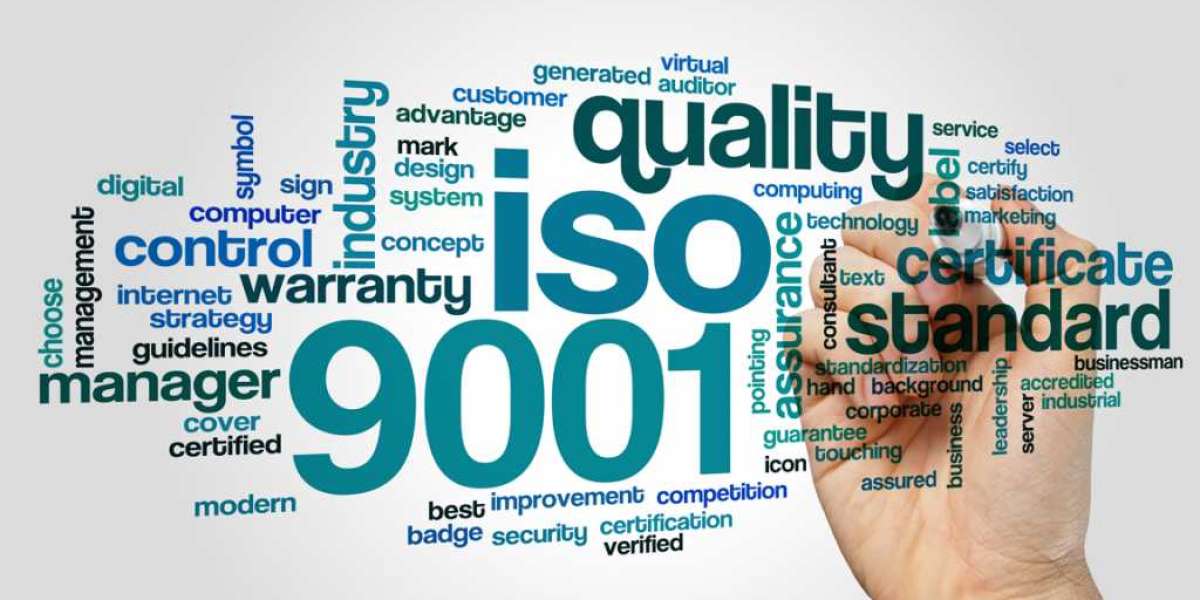Introduction
In today’s competitive business landscape, ensuring quality management is paramount for organizations striving for success. ISO 9001 stands as a globally recognized standard for quality management systems (QMS), providing a framework to enhance customer satisfaction and consistently deliver products and services that meet regulatory requirements. However, implementing and maintaining ISO 9001 compliance requires skilled professionals who can navigate the complexities of auditing processes. This is where iso 9001 lead auditor course plays a pivotal role.
Understanding ISO 9001
ISO 9001 sets out the criteria for a quality management system and is based on several principles, including a strong customer focus, the involvement of top management, and a process approach. It helps organizations demonstrate their commitment to quality, enhance customer satisfaction, and improve overall performance.
The Role of a Lead Auditor
A Lead Auditor holds a crucial position within an organization, responsible for planning and conducting audits to ensure compliance with ISO 9001 standards. They possess in-depth knowledge of quality management principles, audit techniques, and applicable regulations.
Key Components of ISO 9001 Lead Auditor Training
- Understanding ISO 9001 Requirements: Trainees delve into the specifics of ISO 9001, gaining a comprehensive understanding of its clauses, processes, and documentation requirements.
- Audit Planning and Preparation: Effective auditing begins with meticulous planning. Trainees learn how to develop audit plans, establish audit criteria, and assemble audit teams.
- Conducting Audits: Practical training equips participants with the skills to conduct audits efficiently, including interviewing techniques, evidence gathering, and report writing.
- Audit Reporting and Follow-up: Trainees learn how to communicate audit findings effectively, prepare audit reports, and facilitate corrective actions to address non-conformities.
Conclusion
ISO 9001 Lead Auditor Training is indispensable for organizations committed to achieving and maintaining ISO 9001 certification. By investing in training their personnel to become proficient auditors, companies can ensure the effectiveness of their quality management systems, enhance customer satisfaction, and drive continuous improvement. In today's dynamic business environment, a skilled team of ISO 9001 Lead Auditors serves as a cornerstone for sustainable success.








